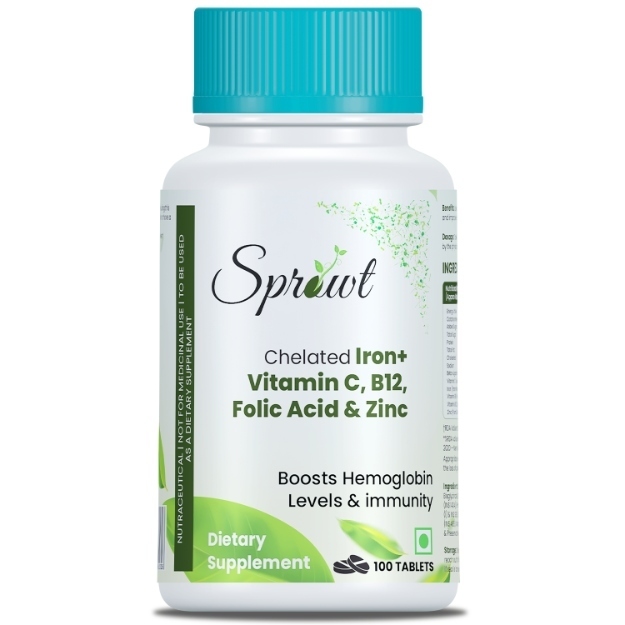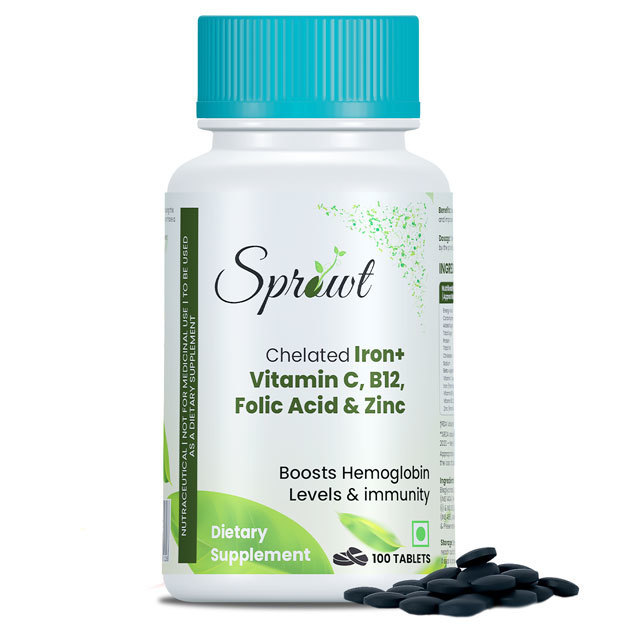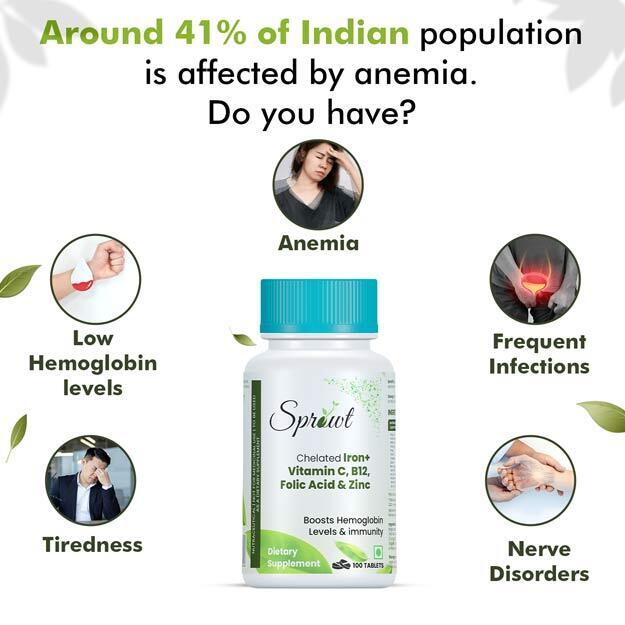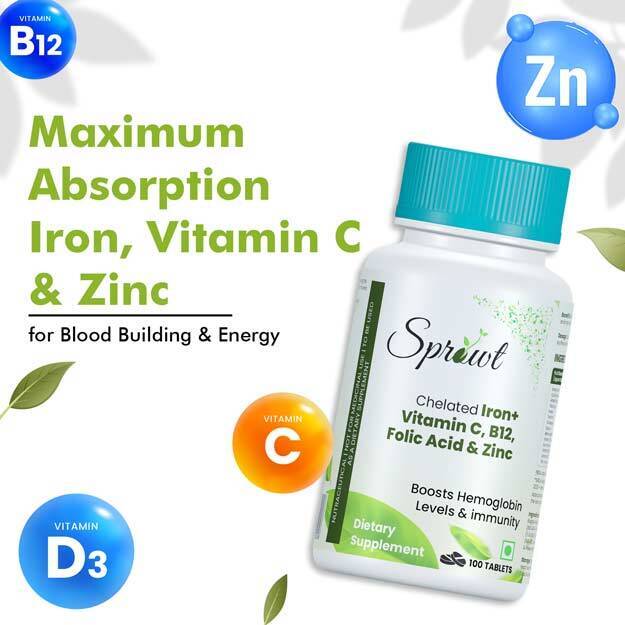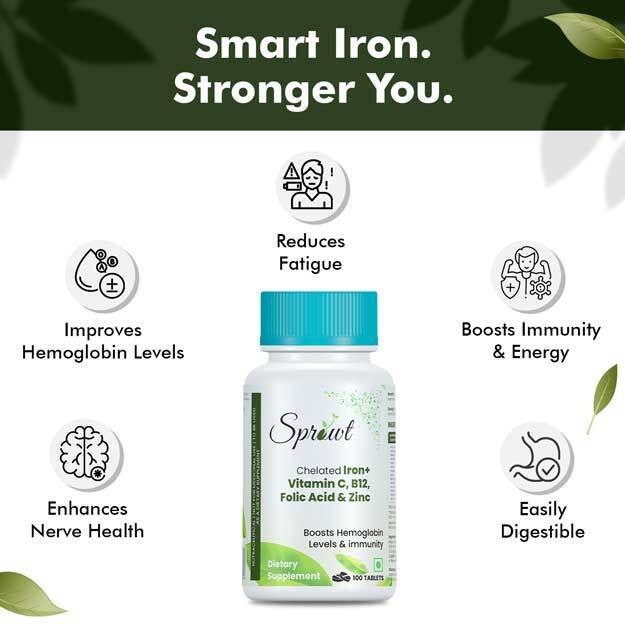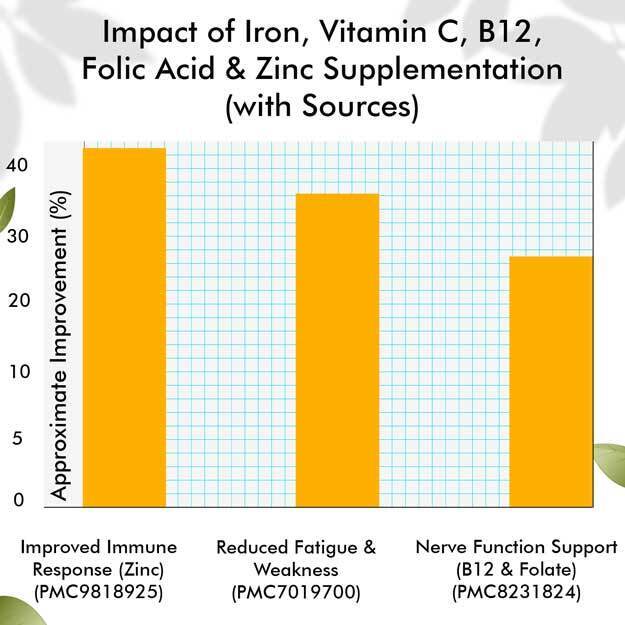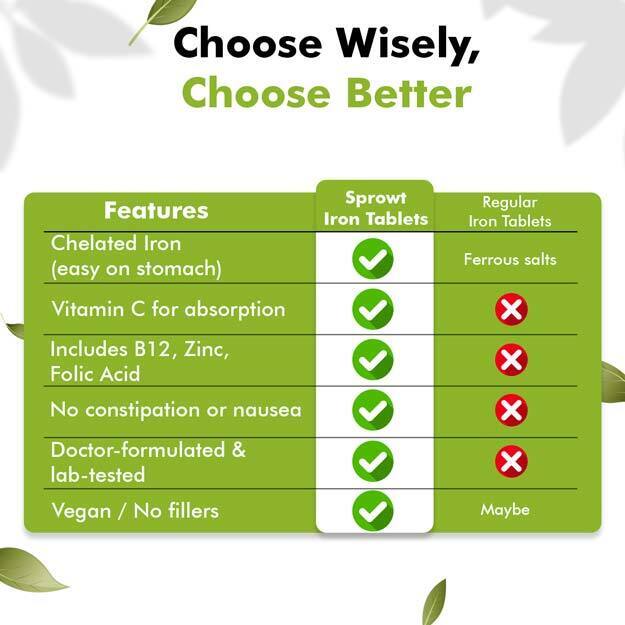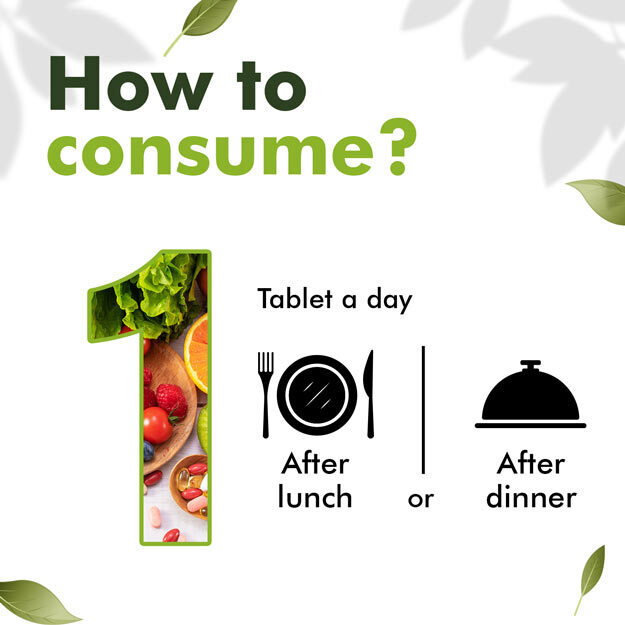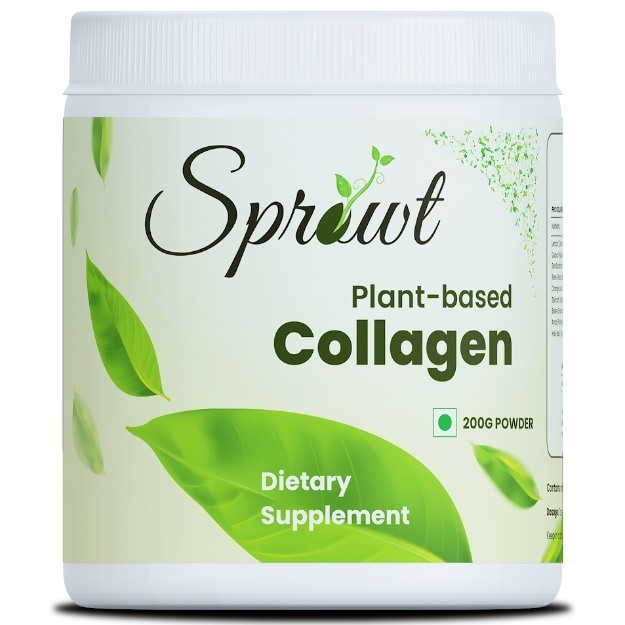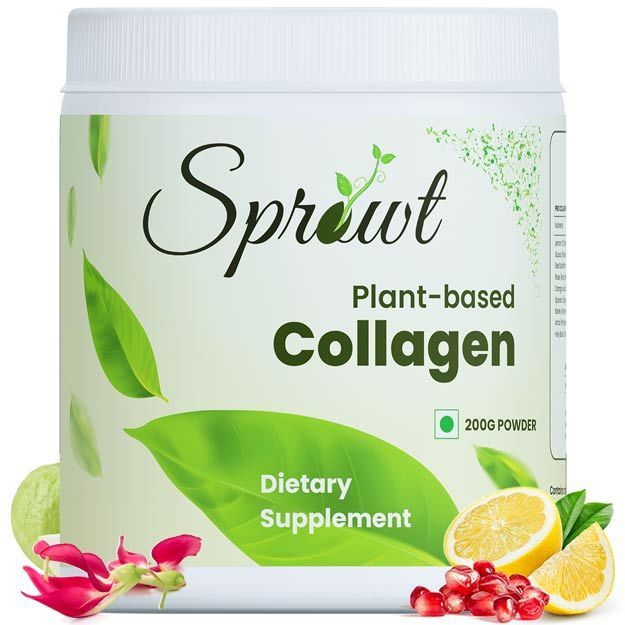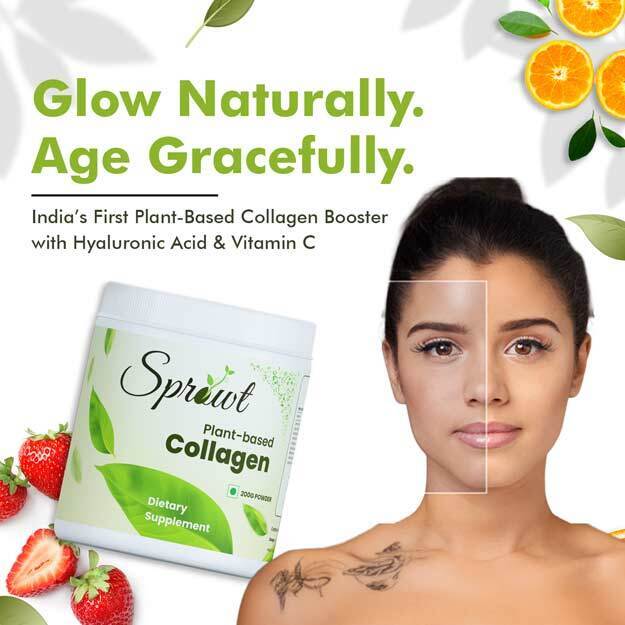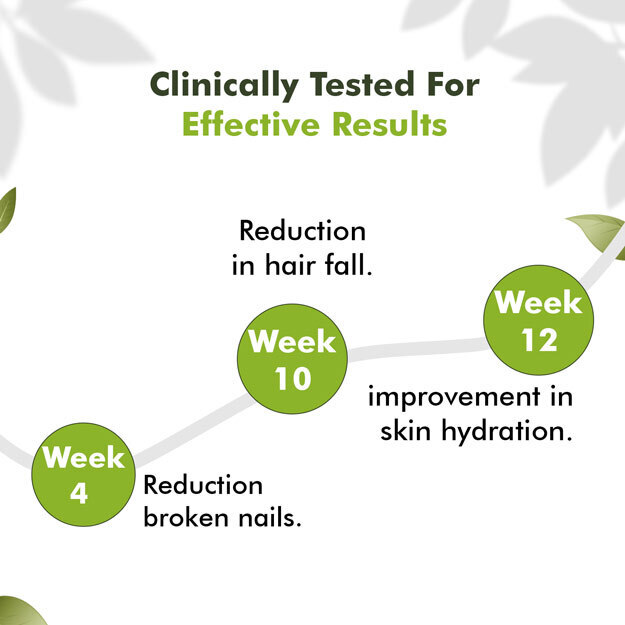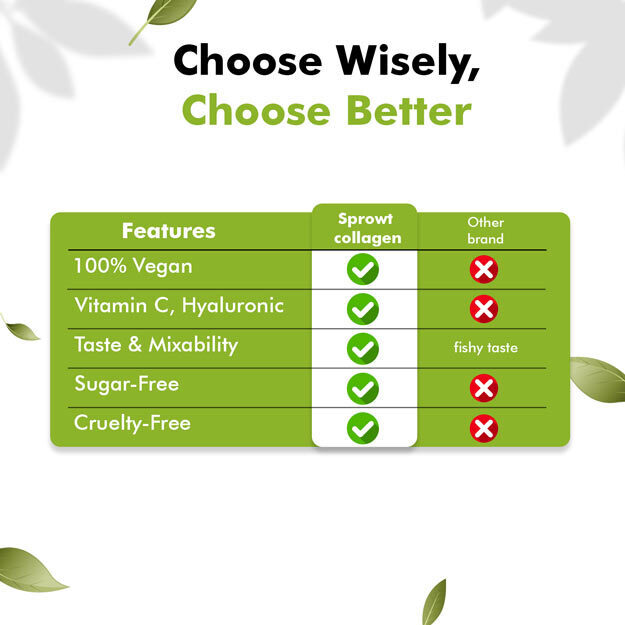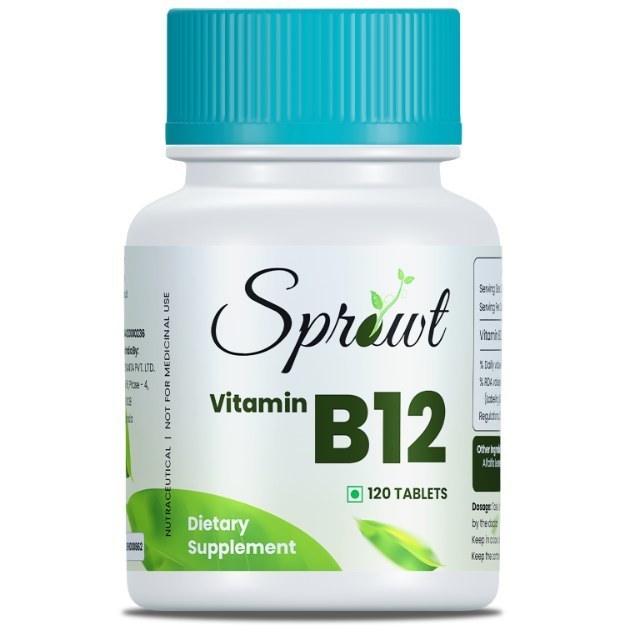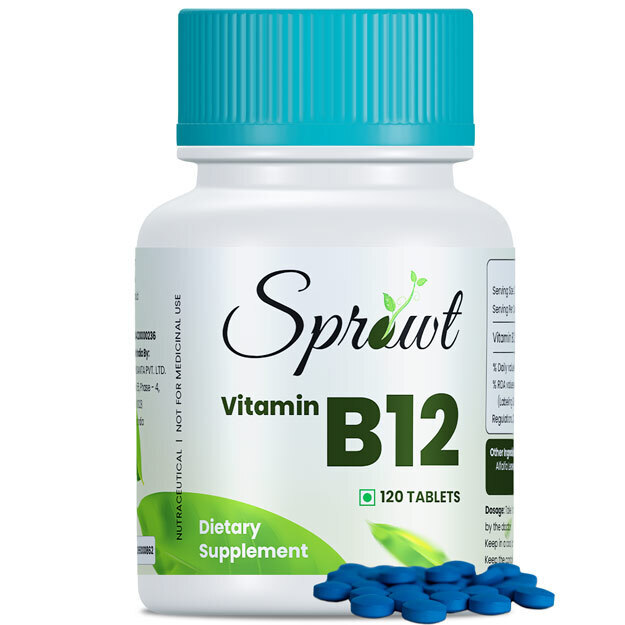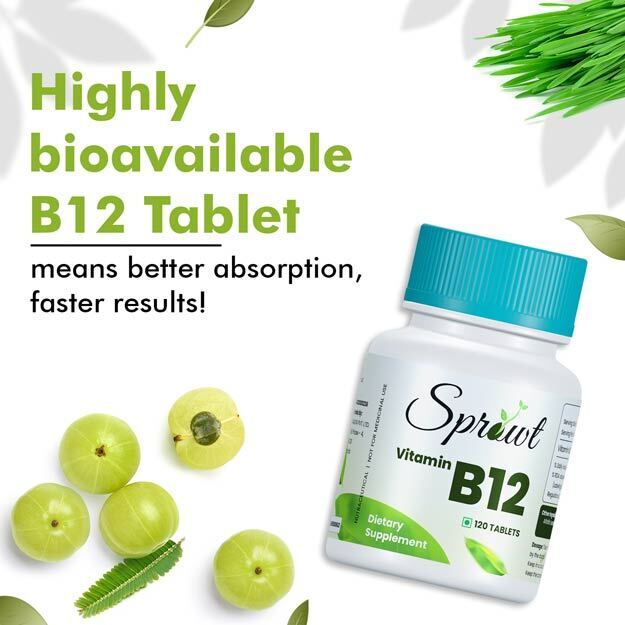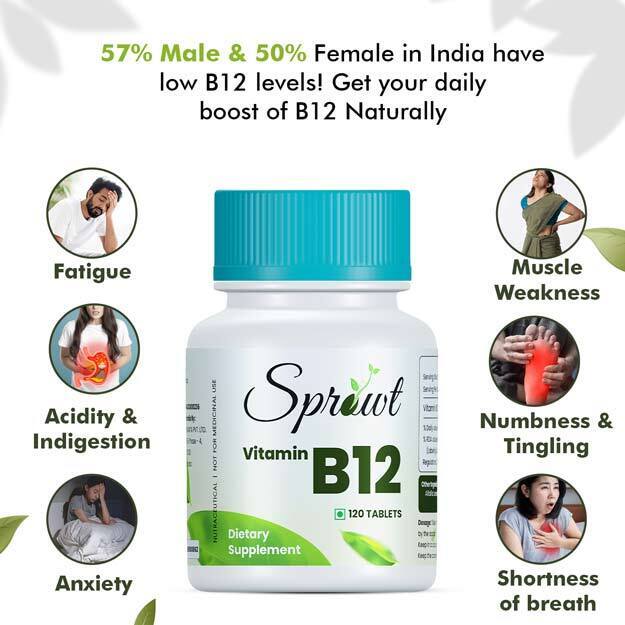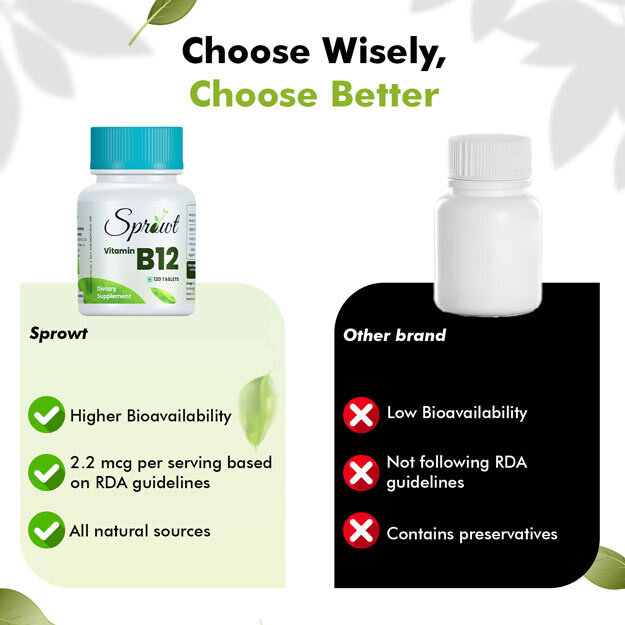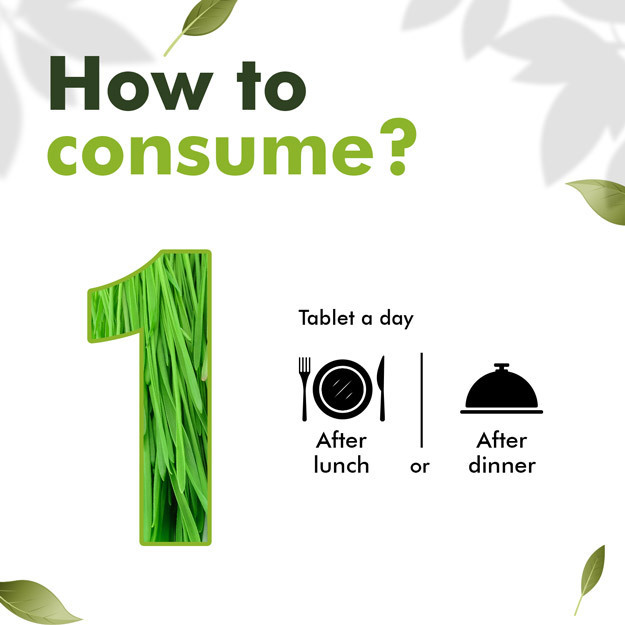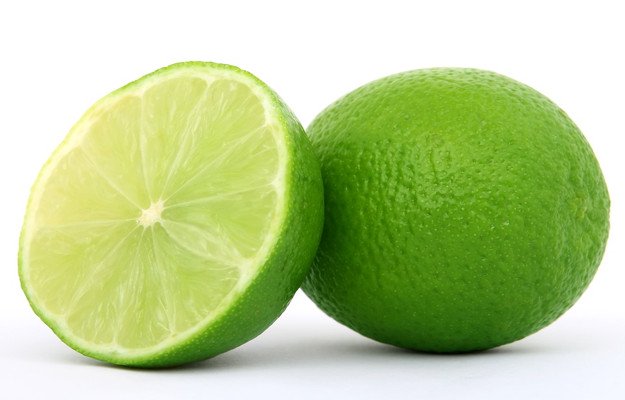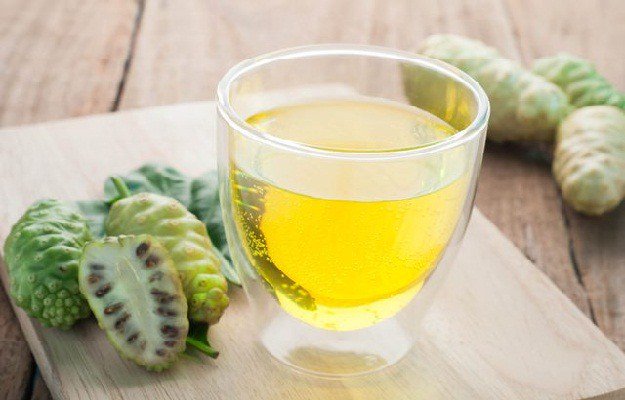Imagine a burst of sunshine in your hand, a vibrant sphere hinting at tartness and sweetness. That's a citrus fruit. From the humble orange to the mighty grapefruit, the tangy lemon to the aromatic lime, these juicy gems are much more than just refreshing. They're a cornerstone of healthy diets around the globe, celebrated for their unique flavors and incredible nutritional bounty. But like all good things, there's a balanced story to tell. While they offer a remarkable array of health advantages, it's also wise to understand their potential downsides and how to enjoy them safely. Let's peel back the layers and explore the full spectrum of what citrus fruits bring to your table.
- Citrus Fruits And Their Benefits
- Flavonoids (Hesperidin, Naringin, Quercetin, Limonoids)
- Potential Side Effects of Citrus Fruits
- Choosing, Storing, and Maximizing Citrus Goodness (Practical Tips)
- How to Enjoy Citrus Safely and Maximise Benefits
- Frequently Asked Questions About Citrus Fruits
- Conclusion
Citrus Fruits And Their Benefits
Citrus fruits are often called "superfoods," and for good reason. They are packed with essential nutrients and powerful compounds that can significantly enhance your well-being. To start, let's look at the incredible variety and their general nutritional profile.
(Read More: The Ultimate List of Vitamin C-Rich Fruits and Vegetables)
Here’s a quick overview of some common citrus fruits and their typical nutritional content per 100 grams (about a small to medium fruit, or a few segments), emphasizing key components:
|
Citrus Fruit |
Vitamin C (mg) |
Fiber (g) |
Potassium (mg) |
Key Bioactive Compounds / Notes |
|
Orange |
50-70 |
2.4 |
180 |
Hesperidin, Carotenoids (sweet, versatile) |
|
Lemon |
50-60 |
2.8 |
138 |
Citric Acid, Limonoids (very tart, often used for flavor) |
|
Lime |
29 |
2.8 |
102 |
Citric Acid, Furanocoumarins (tart, aromatic) |
|
Grapefruit |
33 |
1.6 |
140 |
Naringin, Lycopene (in pink/red varieties), Furanocoumarins (bitter, potential drug interactions) |
|
Mandarin/Tangerine |
26 |
1.8 |
166 |
Hesperidin, Carotenoids (easy to peel, sweet) |
|
Pomelo |
61 |
1.0 |
216 |
Naringin (similar to grapefruit interactions), larger size, milder taste |
Now, let's explore the deeper benefits these zesty fruits offer:
The Reign of Vitamin C
More Than Just Immunity When you think of citrus, Vitamin C (ascorbic acid) is probably the first thing that comes to mind, and rightly so. These fruits are incredibly rich in this vital nutrient, but its role goes far beyond simply warding off a common cold.
- Immune System Champion: Vitamin C is absolutely critical for a robust immune system. It helps to stimulate the production and function of white blood cells, which are your body's frontline defenders against infections, viruses, and bacteria. Regular intake of Vitamin C, found abundantly in citrus, can potentially shorten the duration of colds and flu, and even reduce their severity. It empowers your body's natural defense mechanisms to work more efficiently.
- Powerful Antioxidant Protection: Vitamin C is a star antioxidant. Our bodies are constantly exposed to environmental toxins, pollution, and even normal metabolic processes that create harmful molecules called "free radicals." These free radicals can damage your cells, DNA, and proteins, contributing to aging and the development of chronic diseases like heart disease, cancer, and neurodegenerative disorders. Vitamin C actively neutralizes these free radicals, acting like a cellular bodyguard that protects your precious cells from oxidative stress and damage.
- The Building Block for Collagen and Radiant Skin: Beyond immunity and general antioxidant power, Vitamin C is absolutely essential for making collagen. Collagen is the most abundant protein in your body, forming the structural framework for your skin, bones, muscles, tendons, and cartilage. When it comes to skin, adequate Vitamin C intake is crucial for maintaining its elasticity, firmness, and overall youthful appearance, helping to smooth out fine lines and wrinkles. It also plays a key role in wound healing and skin repair, helping damaged skin recover faster. Furthermore, Vitamin C, consumed internally, contributes to skin brightening and evening out skin tone by helping to inhibit the production of melanin (the pigment that causes dark spots and hyperpigmentation). The antioxidants in citrus also help protect skin cells from damage caused by environmental aggressors like UV radiation and pollution, which are major contributors to premature skin aging.
- Boosting Iron Absorption: For many, especially vegetarians and vegans, getting enough iron can be a challenge. Iron from plant-based sources (non-heme iron) is not as easily absorbed by the body as iron from animal products. Here's where Vitamin C from citrus fruits becomes a hero: it significantly enhances the absorption of non-heme iron. A simple squeeze of lemon juice over a spinach salad or a bowl of lentils can dramatically increase the amount of iron your body takes in, helping to prevent iron-deficiency anemia.
- A Historical Lifesaver: Curing Scurvy: This is a perfect example of how a "severe condition" can be "curable" with citrus, specifically a deficiency disease. For centuries, sailors on long voyages suffered from scurvy, a debilitating and often fatal disease causing bleeding gums, tooth loss, joint pain, extreme fatigue, and severe bruising. It was eventually discovered that scurvy was caused by a severe lack of Vitamin C. Introducing citrus fruits like limes and lemons into their diets literally cured and prevented this devastating condition. This historical lesson powerfully illustrates the critical role of Vitamin C and citrus in human health.
(Read More: Skin Care Tips for Every Season: Stay Glowing Year-Round)
A Symphony of Antioxidants (Beyond Vitamin C)
Citrus fruits don't stop at Vitamin C. They are brimming with a diverse array of other beneficial plant compounds known as antioxidants, particularly flavonoids and carotenoids, which contribute to their vibrant colors.
1. Further Reinforcing Their Powerhouse Status: A comprehensive review published in 2015, highlighted the extensive array of secondary metabolites found throughout various citrus fruits. This study detailed how different parts of citrus – from the juicy pulp to the often-discarded peel – are rich in a wide range of beneficial compounds. These include not just well-known flavonoids, but also alkaloids, coumarins, diverse limonoids, carotenoids, various phenol acids, and essential oils. The review strongly emphasized that these compounds are far from passive; they possess remarkable anti-oxidative, anti-inflammatory, and anti-cancer properties, contributing significantly to human health. It also noted their long history of use in traditional medicine in Asian countries for treating a variety of ailments, underscoring the deep-rooted and culturally widespread understanding of their health benefits. This diversity in powerful compounds across different citrus species and even within different parts of the fruit truly showcases their complex and potent health-promoting capabilities.
(Read More About The Study: https://pmc.ncbi.nlm.nih.gov/articles/PMC4690266/)
2. Flavonoids (Hesperidin, Naringin, Quercetin, Limonoids): These are powerful anti-inflammatory and antioxidant compounds. They work in various ways:
- Heart Health Heroes: Flavonoids like hesperidin (found mostly in oranges and tangerines) and naringin (found in grapefruit) have been linked to improved heart health. They help to improve blood flow, strengthen blood vessels, reduce inflammation in the arteries, and may even help lower "bad" LDL cholesterol. They contribute to maintaining healthy blood pressure by supporting the function of nitric oxide, which helps blood vessels relax. These effects collectively reduce the risk of cardiovascular diseases like heart attacks and strokes.
- Potential Anti-Cancer Properties: While citrus fruits are not a cure for cancer, the antioxidants they contain, especially limonoids (found in the peels and pulp), have been studied for their potential to inhibit the growth of cancer cells and promote detoxification enzymes in the body. They may offer a protective effect against certain cancers, including those of the mouth, throat, stomach, and colon. This area is still under research, but it emphasizes their role in a protective diet.
- Brain and Nervous System Support: Some flavonoids may cross the blood-brain barrier, potentially offering neuroprotective benefits. They can help reduce oxidative stress in the brain, which is implicated in neurodegenerative diseases like Alzheimer's and Parkinson's, potentially supporting cognitive function as we age.
(Read More: How to Adapt Your Skin Care Routine for the Summer Season)
Fiber for a Happy Gut and More
Whether you're enjoying an orange segment or squeezing lemon juice into water, citrus fruits contribute dietary fiber, especially if you consume the pulp.
- Digestive Harmony: Citrus fruits contain both soluble and insoluble fiber. Insoluble fiber acts like a broom, adding bulk to your stool and helping waste move smoothly through your digestive system, preventing constipation and promoting regular bowel movements. Soluble fiber, on the other hand, forms a gel-like substance in your gut. This gel helps to slow down digestion, which can stabilize blood sugar levels by preventing rapid spikes after meals.
- Cholesterol Management: The soluble fiber in citrus can bind to cholesterol in your digestive tract, preventing its absorption into your bloodstream and helping to lower overall cholesterol levels.
- Weight Management Aid: The fiber content, combined with high water content, contributes to a feeling of fullness and satiety. This can help you eat less overall, making citrus fruits a valuable ally if you're managing your weight.
- Nourishing Your Gut Microbiome: Fiber acts as a prebiotic, feeding the beneficial bacteria in your gut. A healthy gut microbiome is increasingly linked to everything from improved digestion and immunity to mood regulation.
(Read More: Immunity boosting foods and diet)
The Gift of Hydration and Electrolytes
Citrus fruits are mostly water, making them excellent for hydration. Staying well-hydrated is fundamental for almost every bodily process, from regulating body temperature to transporting nutrients and flushing out waste. They also provide electrolytes, particularly potassium.
Potassium is an essential mineral that works with sodium to maintain fluid balance, nerve signals, and muscle contractions. It's crucial for maintaining healthy blood pressure by counteracting the effects of sodium, which can help reduce the risk of stroke and heart disease.
(Read More: Hydration Nation: How to Restore Moisture to Dehydrated Skin)
Other Valuable Nutrients
Beyond the headlines, citrus fruits offer a spectrum of other important vitamins and minerals:
- Folate (Vitamin B9): Crucial for cell growth and development, especially important during pregnancy to prevent neural tube defects in infants.
- Thiamine (Vitamin B1): Plays a vital role in converting food into energy.
- Vitamin B6, Magnesium, Phosphorus, Copper: Present in smaller but still beneficial amounts, each contributing to various metabolic functions and overall health.
(Read More: Which Fruits Should Be Part of Your Skincare Diet?)
Citric Acid
The natural acid that gives citrus its characteristic tartness has its own benefits.
-
Kidney Stone Prevention: Citric acid is a natural inhibitor of kidney stones. It increases the volume of urine and binds with calcium, preventing the formation of calcium oxalate stones, which are the most common type of kidney stone. Drinking lemon water, for instance, is often recommended for those prone to kidney stones.
(Read More: Nourish Your Body: Top Collagen-Rich Foods for Better Health)
Flavonoids (Hesperidin, Naringin, Quercetin, Limonoids)
These are powerful anti-inflammatory and antioxidant compounds. They work in various ways:
- Heart Health Heroes: Flavonoids like hesperidin (found mostly in oranges and tangerines) and naringin (found in grapefruit) have been linked to improved heart health. They help to improve blood flow, strengthen blood vessels, reduce inflammation in the arteries, and may even help lower "bad" LDL cholesterol. They contribute to maintaining healthy blood pressure by supporting the function of nitric oxide, which helps blood vessels relax. These effects collectively reduce the risk of cardiovascular diseases like heart attacks and strokes.
- Potential Anti-Cancer Properties: While citrus fruits are not a cure for cancer, the antioxidants they contain, especially limonoids (found in the peels and pulp), have been studied for their potential to inhibit the growth of cancer cells and promote detoxification enzymes in the body. They may offer a protective effect against certain cancers, including those of the mouth, throat, stomach, and colon. This area is still under research, but it emphasizes their role in a protective diet.
- Brain and Nervous System Support: Some flavonoids may cross the blood-brain barrier, potentially offering neuroprotective benefits. They can help reduce oxidative stress in the brain, which is implicated in neurodegenerative diseases like Alzheimer's and Parkinson's, potentially supporting cognitive function as we age.
(Read More: How to Adapt Your Skin Care Routine for the Summer Season)
Potential Side Effects of Citrus Fruits
While citrus fruits offer abundant health benefits, their acidic nature and certain compounds mean there are some things to be mindful of, especially for specific individuals or when consumed excessively.
- Acid-Related Discomfort: For those prone to acid reflux, heartburn, or GERD, the high acidity of citrus can trigger or worsen symptoms, causing a burning sensation. Consuming very large amounts can also lead to general stomach upset, like bloating, gas, or diarrhea, due to both the acid and fiber content. It's often best to limit intake if you experience these issues, especially on an empty stomach.
- Tooth Enamel Erosion: The acids in citrus can wear down tooth enamel, the protective outer layer of your teeth. Over time, this can increase tooth sensitivity and the risk of cavities. To protect your teeth, rinse your mouth with water after consuming citrus, wait at least 30 minutes before brushing, or use a straw for juices.
- Critical Medication Interactions (Especially Grapefruit): This is a very important warning. Grapefruit and some other citrus like pomelos or Seville oranges contains compounds that can dangerously interact with a wide range of medications. These compounds can block an enzyme in your gut that normally breaks down drugs, leading to much higher levels of medication in your bloodstream than intended. This can cause severe side effects or even be life-threatening. Always ask your doctor or pharmacist if grapefruit interacts with any medications you are taking.
- Allergic Reactions: Though less common, some individuals can be allergic to citrus fruits. Symptoms can range from mild (itchy mouth, hives) to severe (difficulty breathing). If you suspect an allergy, avoid citrus and consult a doctor.
- Skin Sensitivity to Sun (Phytophotodermatitis): This is a key external risk. If citrus juice (especially from lemons or limes) gets on your skin and is then exposed to sunlight, it can cause a severe chemical burn-like reaction with redness, blisters, and dark discoloration. Always wash your hands thoroughly after handling citrus before going out in the sun.
- Specific Health Conditions: If you have certain pre-existing conditions, like severe kidney disease (due to potassium content), or hemochromatosis (iron overload, due to Vitamin C aiding iron absorption), it's important to discuss citrus intake with your doctor to ensure it aligns with your specific health needs.
(Read More: The Hydrafacial Revolution: Everything You Need to Know)
Choosing, Storing, and Maximizing Citrus Goodness (Practical Tips)
To truly make citrus a beneficial and delicious part of your life, knowing how to select, store, and creatively use them can make a big difference.
How to Choose the Best Citrus
When you're at the grocery store or market, look for these signs of quality:
- Feel the Weight: A good citrus fruit will feel heavy for its size. This usually means it's juicy and ripe.
- Firmness: It should feel firm to the touch, but with a slight give. Avoid any that are too hard (under-ripe) or too soft (over-ripe or spoiled).
- Smooth Skin: While a few blemishes are natural, avoid fruits with significant soft spots, mold, or wrinkling.
- Vibrant Color: A bright, even color usually indicates ripeness. Green patches on oranges, for example, don't necessarily mean they're unripe, but uniformity is often a good sign.
- Smell It: A ripe citrus fruit will often have a fresh, distinct aroma, especially near the stem end.
(Read More: Vitamin D Sources, Benefits and Side Effects and dosage)
Proper Storage for Lasting Freshness
How you store your citrus can greatly affect its lifespan and juiciness.
- Room Temperature (for short-term): If you plan to eat them within a week, most citrus fruits can be kept in a fruit bowl on the counter at room temperature. This often helps them retain more flavor.
- Refrigeration (for longer storage): For longer storage (up to several weeks), place citrus fruits in the crisper drawer of your refrigerator. They will last significantly longer here. Avoid storing them in sealed plastic bags, as this can trap moisture and promote mold; a mesh bag or loose arrangement is better.
- Juice Storage: Freshly squeezed juice should be stored in an airtight container in the refrigerator and consumed within 2-3 days for best quality. It can also be frozen in ice cube trays for longer storage.
(Read More: Ancient Beauty Secrets: Home Remedies for Glowing Skin)
Maximizing Flavor and Nutrients in Your Kitchen
Citrus fruits are incredibly versatile beyond just peeling and eating.
- The Power of Zest: The colorful outer skin of citrus fruits is packed with aromatic oils, potent antioxidants (like limonoids and flavonoids), and intense flavor. Don't throw it away! Use a microplane or fine grater to zest lemons, oranges, or limes into marinades, dressings, baked goods, yogurts, or even sprinkled over cooked vegetables or fish. Remember to wash the fruit thoroughly before zesting, especially if it's not organic, to remove any residues.
- Getting More Juice: To extract the maximum juice from a lemon or lime, roll it firmly on the counter with the palm of your hand before cutting. You can also microwave a whole fruit for 10-20 seconds to soften it up.
(Read More: Shrimp Benefits and Side Effects: What You Need to Know)
How to Enjoy Citrus Safely and Maximise Benefits
To fully embrace the vibrant benefits of citrus fruits while minimizing any potential downsides, consider these tips:
- Variety is Key: Don't stick to just one type. Enjoy a range of oranges, grapefruits, lemons, limes, mandarins, and pomelos to get a broad spectrum of nutrients and compounds. Each offers a slightly different profile.
- Whole Fruit Over Juice: Whenever possible, eat the whole fruit instead of just drinking the juice. The whole fruit retains all its beneficial fiber, which helps moderate sugar absorption and provides sustained energy, while juice often strips away this fiber and can be higher in natural sugars.
- Timing of Consumption: If you're sensitive to acid, avoid citrus on an empty stomach. Consider having them as part of a larger meal or with other less acidic foods.
- Listen to Your Body: Pay close attention to how your body reacts. If a particular citrus fruit or method of consumption consistently causes discomfort, it might be a sign to adjust your intake or consult a healthcare professional.
- Dilute Juices: If you enjoy citrus juices, consider diluting them with water to reduce their acidity and lessen their impact on your teeth and stomach.
- Always Consult Healthcare Professionals: This cannot be stressed enough. If you have underlying health conditions, are on any medications, or have concerns about allergies or specific interactions, always talk to your doctor, pharmacist, or a registered dietitian. They can provide personalized advice based on your unique health profile, ensuring your safety and maximizing your health outcomes.
(Read More: Best fruits for glowing skin)
Frequently Asked Questions About Citrus Fruits
Here are some common questions people ask about citrus fruits:
Are citrus fruits good for my immune system?
Yes, absolutely! Citrus fruits are famously rich in Vitamin C, which is a powerful antioxidant essential for a strong immune system. Vitamin C helps your body produce and activate white blood cells, which are crucial for fighting off infections, colds, and flu, and can even help shorten their duration.
Can citrus fruits damage my teeth?
Yes, they can if consumed excessively or without care. The high acidity in citrus fruits can gradually erode tooth enamel, the protective outer layer of your teeth. To minimize this risk, you can rinse your mouth with water after eating or drinking citrus, wait at least 30 minutes before brushing your teeth, or use a straw for juices to reduce contact with your enamel.
(Read More: Soda Water: Refreshing Friend or Fizzy Foe?)
Do citrus fruits interact with medications?
Yes, some citrus fruits, most notably grapefruit, can interact dangerously with a wide range of medications. This is because compounds in grapefruit can affect an enzyme in your gut that processes drugs, leading to higher-than-intended levels of medication in your bloodstream. It is critical to ask your doctor or pharmacist if grapefruit (and potentially pomelos or Seville oranges) interacts with any medications you are taking.
Are citrus fruits beneficial for skin health?
Definitely! Citrus fruits are excellent for your skin, primarily due to their high Vitamin C content. Vitamin C is vital for producing collagen, a protein that keeps your skin firm, elastic, and youthful. It also acts as an antioxidant, protecting skin cells from damage caused by sun and pollution, and can help brighten skin tone and reduce the appearance of dark spots when consumed regularly.
(Read More: DIY Facial at Home: Your Complete Guide to Glowing Skin)
Can I eat citrus if I have acid reflux or heartburn?
If you are prone to acid reflux, heartburn, or GERD, the high acidity of citrus fruits can unfortunately trigger or worsen your symptoms. It's often recommended to limit your intake or avoid them, especially on an empty stomach. Pay attention to your body's reaction and adjust accordingly.
What's the best way to store citrus fruits to keep them fresh?
For short-term storage (up to a week), most citrus fruits can be kept in a fruit bowl at room temperature to maintain their flavor. For longer storage (several weeks), it's best to place them loosely in the crisper drawer of your refrigerator. This helps them stay fresh and juicy for a longer period.
(Read More: Sweet Lime (mosambi) benefits and side effects)
Conclusion
Citrus fruits are undeniably a fantastic and delicious addition to most diets, offering a refreshing burst of flavor alongside a wealth of essential vitamins, powerful antioxidants, and beneficial fiber. They play a significant and well-documented role in boosting immunity, supporting heart health, aiding digestion, and protecting your cells from damage. Historically, they even provided a simple cure for a devastating deficiency disease like scurvy, highlighting their profound importance.
However, like all powerful natural foods, it's about balanced consumption and awareness. Being mindful of their acidity to protect your dental enamel and stomach is important. Critically, for those on medication, understanding potential interactions, especially with grapefruit, is absolutely essential and requires direct consultation with a healthcare provider. While they are generally very safe and do not pose long-term health risks, knowing how to mitigate potential side effects ensures you get the most out of these incredible fruits. By enjoying citrus fruits wisely, incorporating them as part of a varied and balanced diet, and staying informed about their effects on your unique body, you can fully embrace their vibrant benefits while responsibly navigating any potential downsides. They truly are a gift from nature, best enjoyed with knowledge and appreciation.




